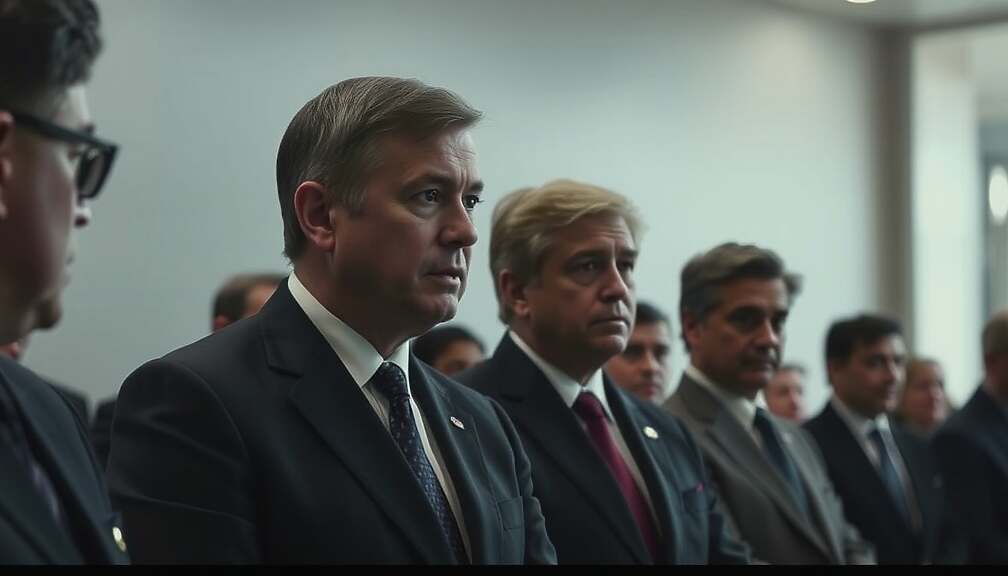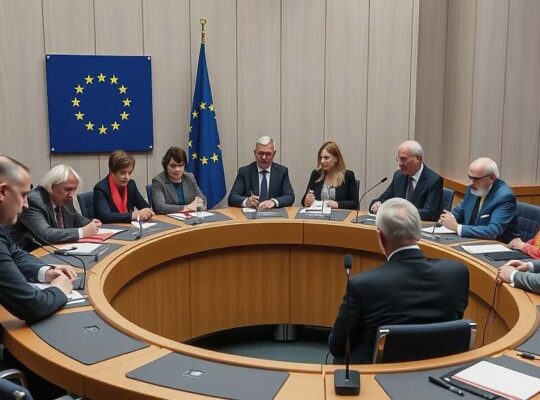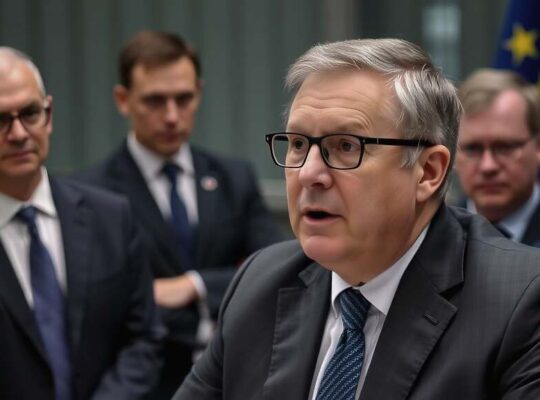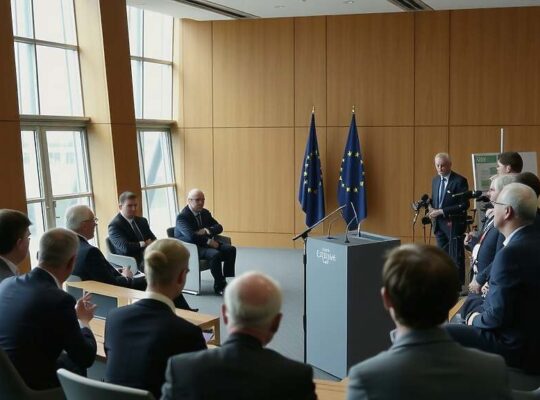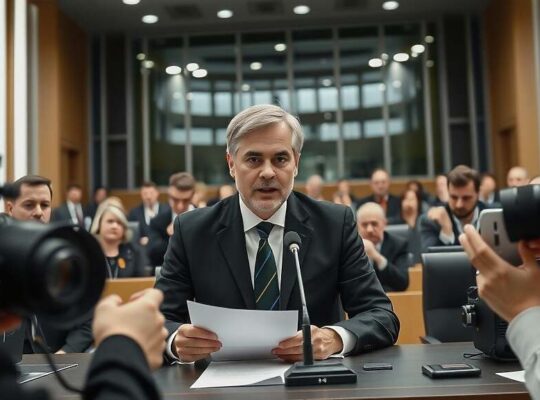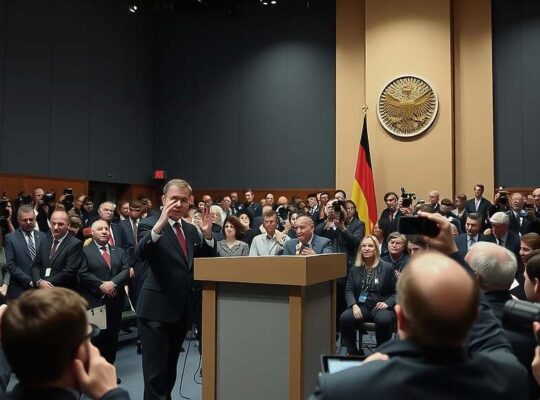The recent interventions in Ukraine peace negotiations by former U.S. President Donald Trump and the subsequent shifts in U.S. policy are causing considerable concern and bewilderment within German political circles. Steffen Bilger, parliamentary director of the CDU/CSU parliamentary group in the Bundestag, expressed astonishment at the unorthodox approach, describing it as “highly unusual.
Bilger’s remarks, delivered to RTL and ntv, underscored a growing unease surrounding the perceived unpredictability of current U.S. foreign policy. While acknowledging a potential benefit should Trump’s disruptive tactics ultimately contribute to a peace agreement acceptable to Ukraine, he highlighted the disconcerting manner in which the U.S., a crucial NATO ally, is engaging with Germany, Europe and the Ukrainian government.
Trump’s demand that Ukraine adhere to a peace plan by Thursday, followed by a subsequent retraction, exemplifies the volatility causing friction. His subsequent criticism, aired via his Truth Social platform, accusing Ukraine of failing to demonstrate gratitude for U.S. efforts, adds another layer of complexity and raises questions about the strategic coherence of American involvement.
The situation spotlights a broader disconnect between the U.S. and its European partners, potentially undermining the unified front previously observed in supporting Ukraine. Critics argue that such unpredictable diplomatic maneuvers risk destabilizing the already fragile negotiation process and eroding trust among allies. The episode has prompted internal discussions within the German government about the necessity of clearer communication and a reassessment of the reliance on a potentially inconsistent U.S. partner in addressing the complex geopolitical landscape of Eastern Europe.


